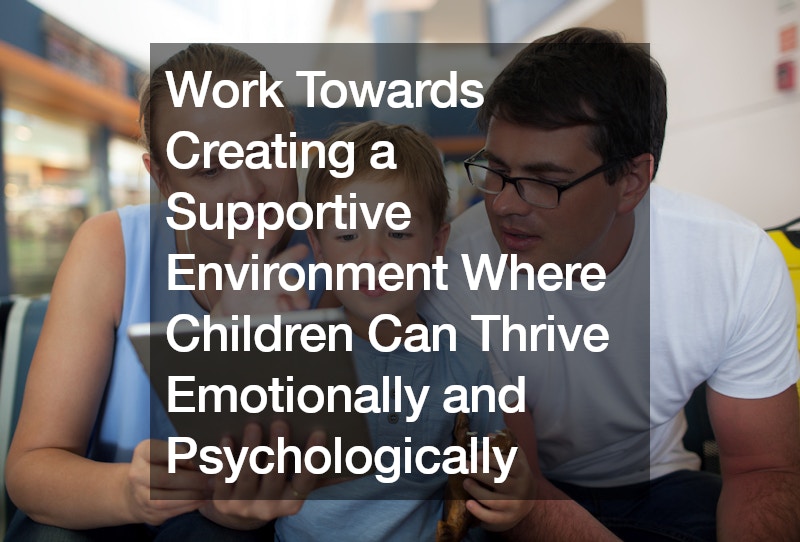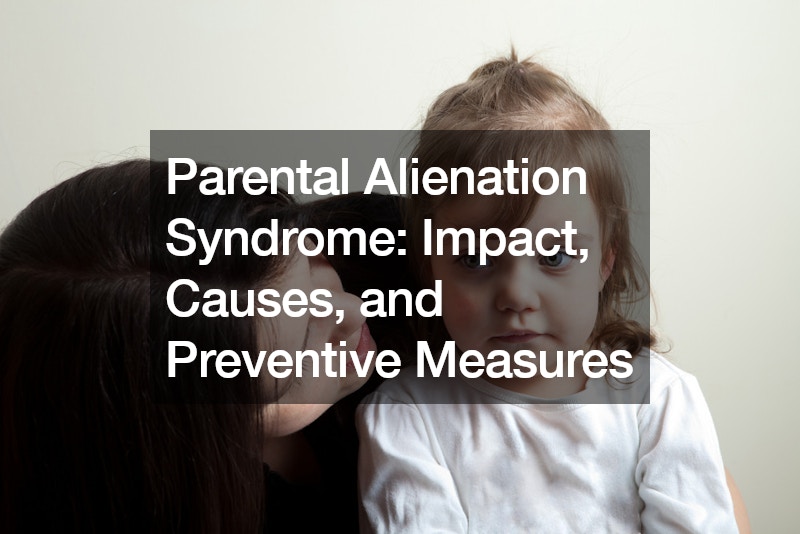Parental Alienation Syndrome: Impact, Causes, and Preventive Measures

Parental Alienation Syndrome (PAS) is a complex and debated phenomenon in which one parent manipulates a child to harbor unjustified hostility towards the other parent. Initially coined by psychiatrist Richard Gardner, PAS is characterized by symptoms such as a child’s unexplained fear or hatred towards one parent and adopting negative beliefs about them, often stemming from the alienating parent’s influence.
Effects on Children
The effects of PAS on children can be profound and long-lasting. Children subjected to PAS may experience heightened anxiety, depression, and low self-esteem. They may struggle with forming healthy relationships later in life, lacking a positive parental model to guide their interactions.
Contributing Factors
Several factors contribute to the development of PAS, including high-conflict divorces, a history of abuse or conflict between parents, and the mental health issues of the alienating parent. These factors create an environment where the child becomes a pawn in the parental dispute, leading to emotional turmoil and psychological distress.
Early Detection and Intervention
Early detection and intervention are crucial in addressing PAS. Mental health professionals can play a vital role in assessing and mitigating the effects of PAS on children. In severe cases, legal intervention, including consultation with a qualified divorce attorney, may be necessary to protect the child’s well-being and ensure their best interests are met.
Preventive Measures
Preventing PAS involves collaborative co-parenting efforts where both parents prioritize the child’s emotional health. This includes refraining from speaking negatively about the other parent, respecting each other’s parenting styles, and fostering a positive relationship with the child despite the challenges of separation or divorce.
By understanding the signs, effects, and proactive measures against PAS, parents can work towards creating a supportive environment where children can thrive emotionally and psychologically.
.

